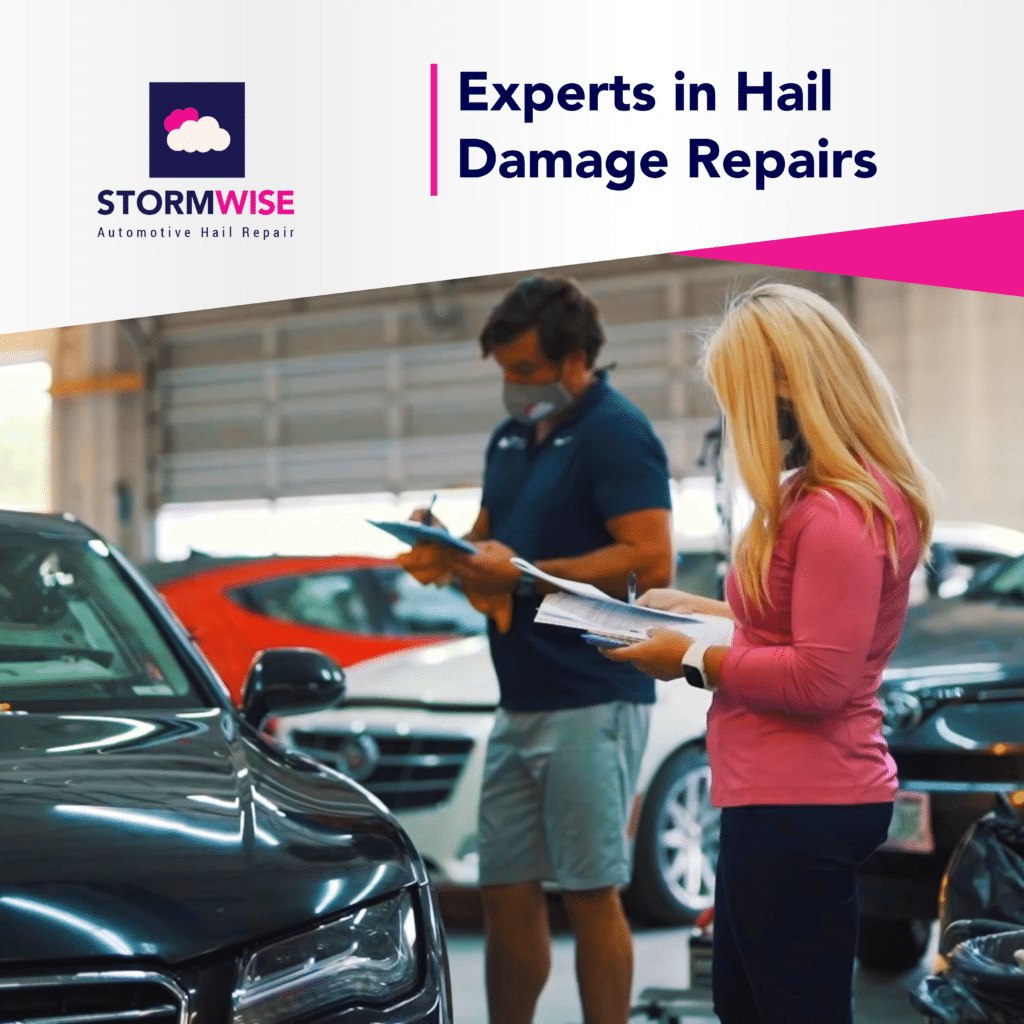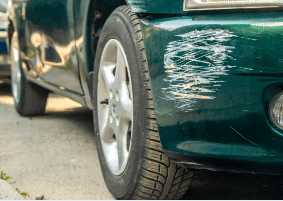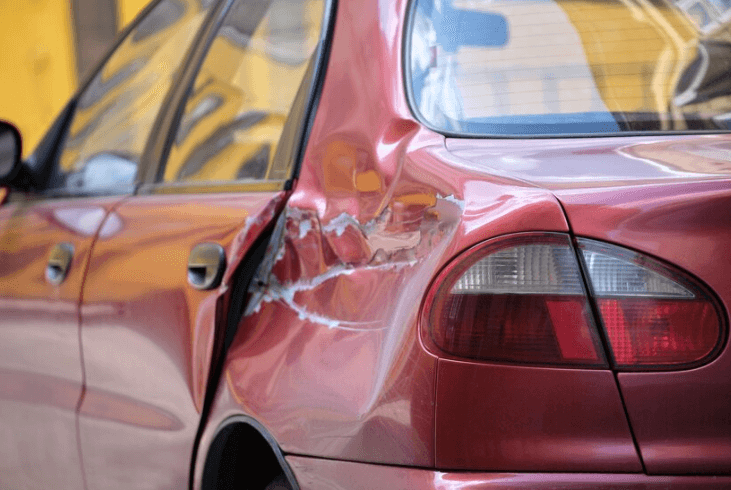Does Hail Damage Claim Raise Car Insurance Rates?
This question comes up a lot.
The short answer is no – a hail claim doesn’t increase premium because hail damage is considered an “Act of Nature,” which you have zero control over.
However, the insurance industry has a well-known problem with rate increases due to “frequent” claims. If you have a history of hail damage claims, your insurance company may increase the amount they’re willing to insure.
Also, if you live in a hail valley, where hailstorms happen consistently, your auto comprehensive insurance rates might be higher than those who don’t.
If you’re on the lookout for a new insurance provider, we’ve put together a comprehensive comparison article of trusted insurance providers.
As a person that works in the hail damage repair business, I can say, with real testimony, that most of the people we work with do not know or are not aware of the difference between the types of auto insurance coverage and insurance claims.
There are three types of coverage that a vehicle can have:
- Liability insurance coverage
- Collision coverage
- Comprehensive insurance coverage
These three coverages constitute what is commonly known as “full coverage”. If you want to learn more about the essentials of hail damage car insurance, check this article out.
Jump To:
– > Does Hail Damage Claim Raise Car Insurance Rates?
– > Does Liability Insurance Cover Hail Damage?
– > Does Comprehensive Insurance Cover Hail Damage?
Does Liability Insurance Cover Hail Damage?
The short answer is no.

The liability coverage is must-have insurance by law in Colorado. If you have a lienholder, collision and comprehensive coverages are also REQUIRED.
Why doesn’t liability insurance cover hail damage?

The “bank” wants to protect their asset from being devalued. This means if you get into an accident that is your fault, the collision coverage will pay for the damages so that the bank’s asset (a.k.a. your car) has its value restored.
When you have a car accident in which you’re not at fault, the other party’s liability insurance will pay for the damage on your car. If they have collision coverage, that policy determines what will pay for the damage to your car.
If the insurance totals your car after an accident, you will receive your vehicle’s value, minus your deductible. If you’re not at fault in the accident, then no deductible will apply when the other party’s insurance is paying for the vehicle. If you are at fault and your collision policy comes with a deductible, then the insurance will pay you for the value of the car minus your collision deductible.
To summarize: who will pay for the damaged vehicle from an accident?
| If you’re not at fault in the accident, the other party’s insurance is paying for the vehicle. | If you’re at fault, your insurance will pay you for the value of the car minus your collision deductible. |
Insurance companies in Colorado vary at what percentage of the value they will total vehicles at. Some will even total a vehicle if the repair estimate is only 40% of the car’s value.
The typical percentage at which an insurance company will consider a car a total loss is around 60% of its value.
This means if your car is worth $10,000 and has sustained damage that will cost over $6,000 to fix, your insurance will “run value” on the vehicle.
When they run the value, they assess the car’s full value based on the following:
- The features it is equipped with
- How many miles it has on it
- The overall condition of the vehicle’s interior.
Once they have the “true” value of the vehicle, they will check their policies regarding what percentage it must reach to consider the car a total loss and make an assessment at that time.
Does Comprehensive Insurance Cover Hail Damage?
YES! Hail damage is covered by a comprehensive claim and the coverage will vary depending on the type of vehicle you have—among other factors.

The comprehensive insurance covers anything that is an “Act of Nature,” such as a flood, a fire, a hail storm, tornado damage, etc. – anything that you have zero control over.
Here are some examples:

A civil disturbance – imagine visiting a new city and you decide to go to the city park. While you’re at the park, you see people protesting aggressively, and the police are trying to contain them. Your car’s conveniently and unluckily parked near the protesters, and it gets smashed by the demonstrators. No worries, your comprehensive insurance policy covers damage caused by a civil disturbance.

Falling objects – picture this: you’re on vacation, and you’re driving up a mountain. You see a beautiful mountain view on your right, and out of nowhere, a branch falls from a tree and lands on your car roof, leaving a huge dent on your once-pristine vehicle. Good thing this is covered by comprehensive insurance.
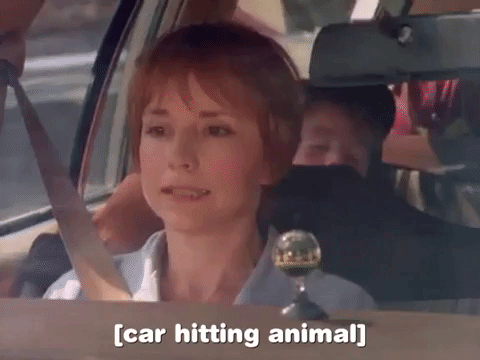
Hitting an animal – Unfortunately, the chances of you hitting or being hit by an animal in Colorado is fairly high. It’s a region that’s shared with all types of animals. No matter how good a driver you are, animals can run out in front of you at any minute. If a deer (or another wild animal) hits your car, the damage is covered by the comprehensive insurance.
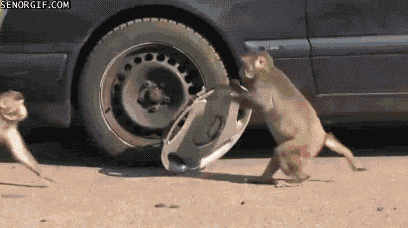
Theft – this is definitely something that’s out of anyone’s control—and it can happen anywhere, any time.

Vandalism – here’s the scenario: you leave your car parked outside a football field, and the team that lost the game gets mad and starts a huge disturbance, breaking windshields, or scratching panels of opposing fans’ cars, slashing tires, etc. That’s terrible! But your comprehensive insurance will cover fixing your car as vandalism should that occur.

Weather (including hail damage) – a hailstorm, flood, hurricane, and other disastrous weather conditions are considered “Acts of Nature” or an event that no one can predict. These types of claims are considered “comprehensive” claims. Also, remember to take clear photos of the damage before you file a claim even if you think they’re only minor dents.
In all these scenarios above, the cause of the damage was made by other forces that you have no control of.
Insurance companies will likely not increase your rates due to one comprehensive claim. However, repetitive claims may lead to a different outcome—again, it’s best to ask your insurance provider regarding this.
There’s no reason to hesitate filing, though. It’s still best to make use of your comprehensive insurance policy so that your pockets will be spared from a huge hail damage repair expense. It also pays to know how you can get the best hail repair insurance quote.
If you have more questions about filing a claim for hail damage, please don’t hesitate to call us at 720-439-9533.

StormWise can also help throughout the entire car hail damage repair process. We’ll work with you from filing a claim, scheduling an appointment with an adjuster, properly repairing your car, and returning your vehicle in its like-new, pre-storm condition.

